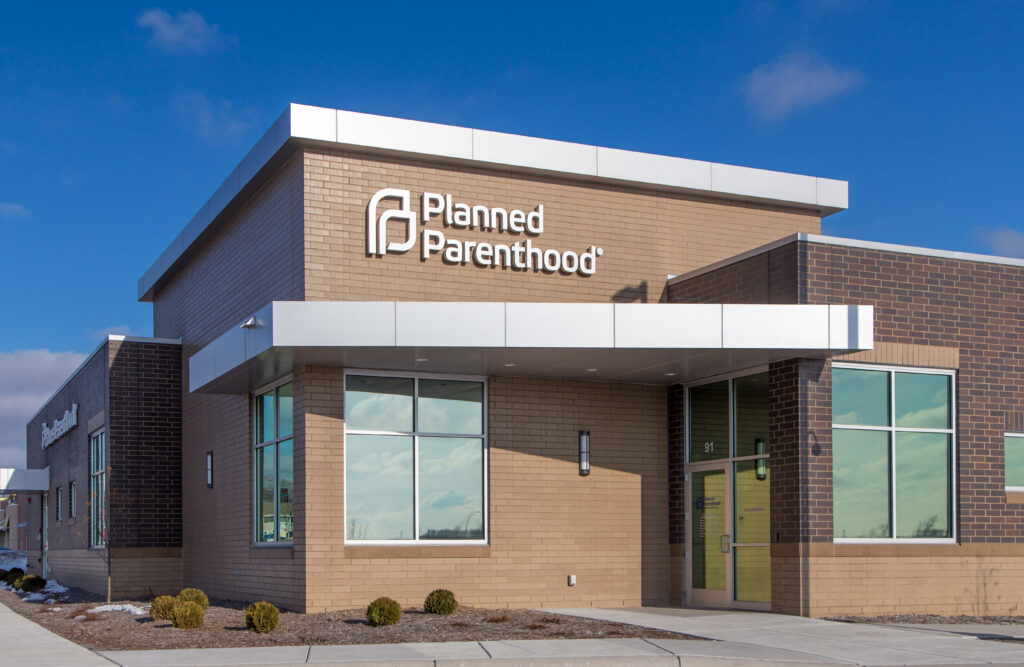Abortion Reporting: Pennsylvania (2016)
Pennsylvania’s 2016 abortion report was published by the state Department of Health in December 2017. Additional abortion statistics for Pennsylvania residents are included in the state’s annual vital statistics report. Overall, total abortions in Pennsylvania continued to decline in 2016, while total chemical abortions increased.
Changes in Pennsylvania Abortions, 2015-2016

Abortion Totals and Trends
There were 30,881 abortions performed in Pennsylvania in 2016, a decline of three percent from the 31,818 abortions performed in 2015 (Figure 1). Since 1975, when Pennsylvania began reporting abortion statistics, abortion in the state has fallen by 29 percent. Of the abortions performed in Pennsylvania in 2016, 11,420 were chemical abortions, 37 percent of the total. Pennsylvania has reported chemical abortions since 1998. However, the earliest report available online with the total number of chemical abortions performed in the state, rather than only chemical abortions performed on Pennsylvania residents, is for 2008. Chemical abortions have increased by 111 percent since 2008 and by 0.9 percent since 2015. The state abortion rate in 2016 was 12.3 abortions per 1,000 resident women ages 15 to 44, down from 12.6 the previous year (Figure 2).
State Report Summary
Most abortions, 95 percent, were performed on Pennsylvania residents. Consistent with previous years, the majority of women were in their twenties, with women in this age group accounting for 61 percent of the abortions performed in Pennsylvania. Women in their thirties made up the second-largest age category at 27 percent of the state total. Nine percent were 19 or younger, and only three percent were 40 or older. Seventy-seven abortions were performed on girls younger than 15. Pennsylvania requires parental consent before a minor may obtain an abortion, but the state report does not include information on the parental consent process.
White women made up the largest racial category at 49 percent of abortions, while black women were the second-largest racial group, undergoing 42 percent of abortions, even though black women make up only 15 percent of the population of Pennsylvania women of childbearing age. Almost nine out of ten women (88 percent) were not married, and more than half had already experienced pregnancy: 27 percent had one previous live birth and 35 percent had two or more. A little over half of women – 53 percent – had never had an abortion before, while 26 percent of women had one previous abortion and 22 percent had two or more.
The majority of abortions were performed early in pregnancy. Sixty-four percent occurred at eight weeks of gestation or earlier, while slightly less than a quarter were performed at nine to 12 weeks gestation, dropping to nine percent at 13 to 17 weeks and to two percent, or 719 abortions, at 18 to 20 weeks. There were 391 abortions, one percent of the total, performed between 21 and 23 weeks gestation. Elective abortion in Pennsylvania is permitted until 24 weeks gestation, and no abortions were reported after 24 weeks.
Complications Caused by Abortion
Pennsylvania is one of only a few states to report detailed information on complications resulting from abortion. Abortion complication data in Pennsylvania comes from two sources: some information is recorded on the abortion reporting forms submitted by physicians who perform abortions, while the majority of the information comes from complication reporting forms that are submitted by physicians who encounter complications resulting from abortion. The abortion reporting forms submitted by abortion providers to the Department of Health indicated that 199 women had pre-existing conditions that were complicating their pregnancies, while three experienced complications as the result of an abortion.
In 2016, only three states, including Pennsylvania, reported the type of abortion procedure that caused each complication. There were 155 forms submitted by physicians who treated women suffering from abortion complications, similar to the 151 women experiencing complications in 20151. Approximately one out of every 200 women undergoing an abortion in Pennsylvania reportedly experienced a complication. Of all abortion methods, chemical abortion procedures were the most likely to cause complications, resulting in 41 percent of reported complications. The most common complication, occurring 83 times, was incomplete abortion or “retained products of conception.” Sixty-one percent of the cases of “retained products” were caused by chemical abortions. Later gestational age also made complications more likely. Only 0.4 percent of abortions at or before eight weeks of gestation led to reported complications, while 1.5 percent of abortions after 20 weeks did. Abortions after 20 weeks were almost four times more likely to cause complications or injuries than abortions at or before eight weeks. Two girls under the age of 15 experienced infections as the result of an abortion.
State Ranking
In a Charlotte Lozier Institute study on state abortion reporting, Pennsylvania tied for 23rd. The state does not include any statistics on the educational level of women who seek abortion or on the physicians and facilities that provide abortions. Parental consent is required for minors’ abortions, but Pennsylvania does not report whether this process was followed or whether any exceptions were made, as other states do. Pennsylvania could strengthen its reporting by adding this information. Still, Pennsylvania’s detailed reporting of abortion complications serves as an example for other states to follow.


- Statistics on abortion complications reported here represent a minimal number of deaths and complications, as this data is collected in a non-systematic and non-verifiable way. As such, this data cannot be used to calculate either an accurate abortion mortality rate, nor an accurate abortion complication rate for the state.
- Pennsylvania began reporting chemical abortions as a separate category in 1998. The 2008 report is the earliest available online with both resident chemical abortion and total chemical abortion data.























